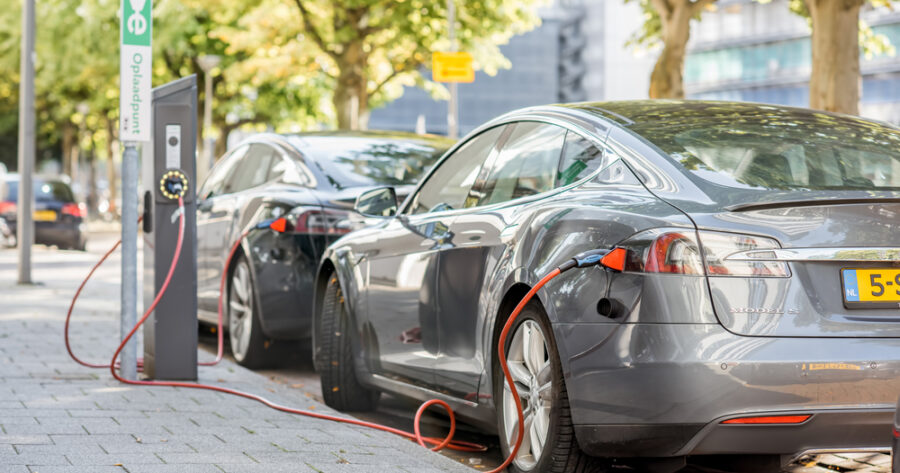Electric vehicles (EVs) have gained a lot of attention as eco-friendly, efficient alternatives to traditional gas cars. While they offer benefits like low emissions and quiet operation, deciding if an EV suits your lifestyle takes careful thought. By understanding EV costs, driving ranges, and charging needs, you can better assess if this modern mode of transportation matches your daily needs.
Consider Your Daily Commute and Driving Range
One of the first factors to think about when considering an electric vehicle is your daily driving distance. Electric vehicles have various battery ranges, typically from about 100 miles to over 300 miles on a full charge. If you have a long commute, take frequent road trips, or need to drive extended distances without frequent stops, you’ll want to consider an EV with a higher range.
Shorter daily commutes, on the other hand, are ideal for many electric cars. For those who typically drive around town or have a round-trip commute of less than 50 miles, a mid-range EV can easily cover daily driving needs on a single charge. The peace of mind knowing you have enough range to get through your day without needing a charge is crucial to enjoying your EV.
Evaluate Access to Charging Stations
Charging is another important aspect of electric vehicle ownership. Unlike gas stations, public charging stations aren’t always as conveniently located, especially in rural or suburban areas. However, if you live in a city with a well-developed EV infrastructure, finding a charging station may be easy.
For those with access to home charging, the convenience is hard to beat. Installing a home charger allows you to recharge overnight, starting each day with a full battery. Charging your EV at home can be highly convenient and cost-effective, especially with off-peak electricity rates. Public charging is great for occasional longer trips, but for many, home charging offers the best experience for daily needs.
Understand Maintenance and Running Costs
Electric vehicles often have lower maintenance costs than traditional cars. They have fewer moving parts, meaning fewer issues and less wear and tear. You won’t need oil changes, and with regenerative braking in many EVs, brake pads tend to last longer too. These cost savings can make a significant difference over time, especially if you plan to keep the car for several years.
However, battery replacement is a potential cost, though it usually happens only after many years. Checking the warranty on the EV’s battery is crucial to understanding long-term expenses. EV owners often find that lower maintenance costs offset the initial higher price of an EV, especially with available rebates or tax credits.
Look Into Environmental Benefits
For those concerned about environmental impact, an electric vehicle can be a cleaner option. EVs produce zero tailpipe emissions, which can help improve air quality in densely populated areas. The shift to EVs also contributes to lowering greenhouse gas emissions, especially if the electricity used to charge them comes from renewable sources.
Electric vehicles use energy more efficiently than gas cars, meaning they convert more of their power source into driving power rather than losing energy as heat. Additionally, many EV manufacturers are now using sustainable materials and production methods, which further reduce the environmental footprint. While owning an EV doesn’t make you carbon-neutral, it’s a step toward reducing your impact on the planet.
Weigh the Upfront Costs and Incentives
The upfront cost of an electric vehicle may seem high, but incentives and rebates can ease this initial expense. Many governments offer tax credits or rebates to make EVs more affordable. Additionally, some car manufacturers provide their own incentives, helping to bring down the total purchase cost. In some areas, you may even find reduced registration fees or discounts on insurance for owning an EV.
Electric vehicles can save you money in the long run due to lower fuel and maintenance costs. However, it’s essential to consider if the upfront price aligns with your budget. With EVs now available at various price points, from affordable compact models to luxury options, you may be able to find one within your range.
Which Electric Vehicle Is Right For You?
Choosing an electric vehicle is an exciting step, especially for those looking to reduce environmental impact and enjoy modern driving features. An EV may be ideal if you drive shorter distances, have access to charging stations, and want to save on fuel and maintenance costs.
However, if you frequently take long trips without convenient charging options, an EV may not fit your needs. By carefully weighing these factors, you’ll be able to decide if an electric vehicle aligns with your lifestyle and budget.
